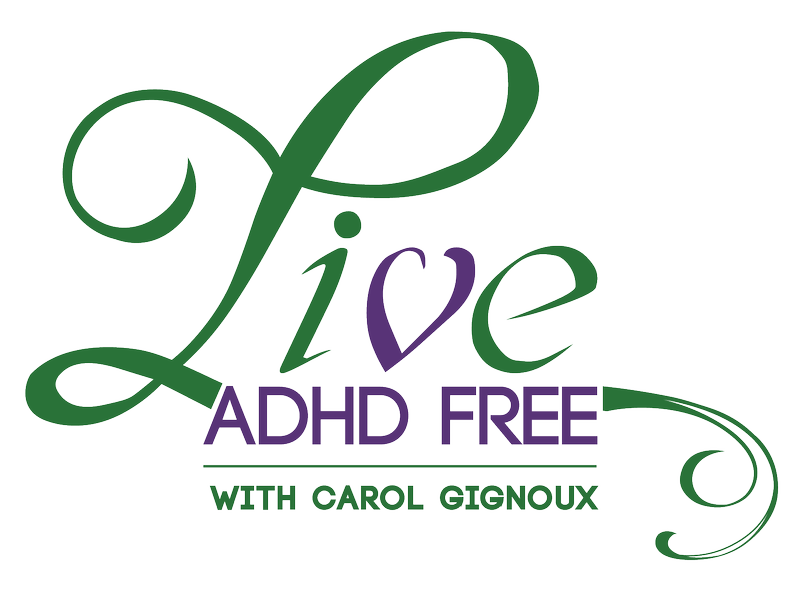The CDC reports that over six million children in the U.S. are living with ADHD, but the numbers are probably much greater. While there are no clear causes of ADHD, scientists have researched a host of possibilities. One of those being dopamine. So, is there a link between ADHD and dopamine?
Multiple Factors Contribute to ADHD
According to the National Institute of Mental Health, there are certain risk factors for ADHD:
- Genetics and family history
- Low birth rate
- Premature delivery
- Alcohol, drug, or tobacco use during pregnancy
- Exposure to toxins during pregnancy or early childhood
- Brain injury
Experts have also been researching the role of dopamine in the development of ADHD. Dopamine is a neurotransmitter that has several important functions.
Dopamine and ADHD
In the brain, dopamine levels can impact mood, attention, motivation, and movement. It also regulates the brain’s reward system, and levels increase when a person is experiencing something pleasurable.
Early on, scientists believe that low dopamine levels were the cause of ADHD, but it’s more complex than that.
According to the Gulf Bend Center, those with ADHD may have a higher concentration of dopamine transporters in the brain. These transporters remove dopamine from brain cells. When there are more transporters in one area of the brain, they do this too fast, which means that dopamine has less time to employ its effects.
Reduced amounts of the neurotransmitters serotonin and norepinephrine may also contribute to the onset of ADHD.
Looking at the Research
The DNA Learning Center conducted a small study in 16 children and adolescents with ADHD. They found that medications that increase the availability of dopamine in the brain lead to the inhibition of the motor cortex. This is the brain region that controls voluntary movement. This effect was more significant in children with a genetic variation called DAT1, which is a gene that usually increases the activity of dopamine transporters.
These results suggest that genetic factors that impact dopamine transporters may play a role in the development of ADHD.
The researchers behind a small 2013 study found that methylphenidate (Ritalin) increased dopamine levels in the brain and improved attention in adults both with and without ADHD.
They also observed that both groups of participants had an equivalent availability of dopamine receptors in the brain. They concluded that their results suggest that dopamine dysregulation is unlikely to be the leading cause of ADHD in adults.
Based on these findings, it’s hard to argue that there isn’t a connection between dopamine and ADHD.
If dopamine is a leading factor in ADHD, there are medications that can help with its regulation. But medication isn’t the only type of treatment for ADHD; nor should it be. Children with ADHD should also be involved in behavior therapy. Working with an ADHD coach earlier, rather than later, can also ease symptoms, build confidence, and allow kids to express themselves.
Questions about ADHD treatment for kids? Get in touch, and we’ll be glad to help.

